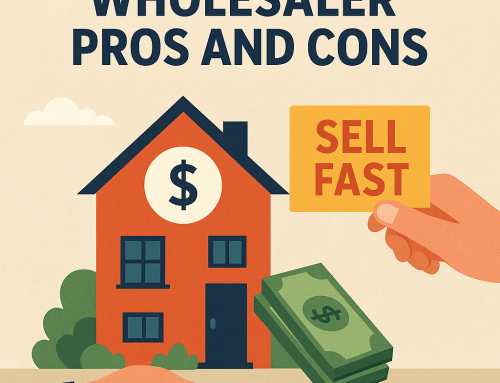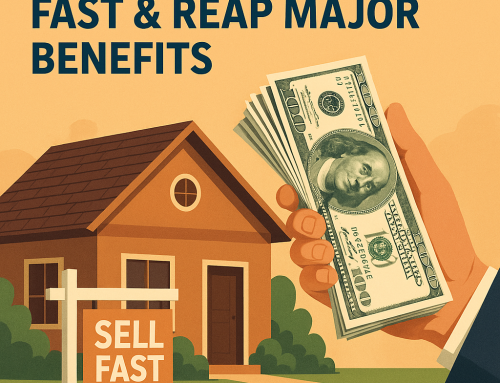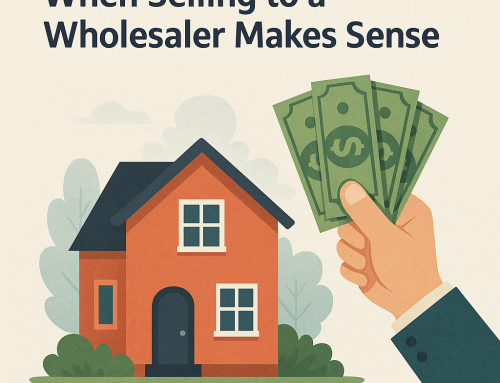- Understanding Cash Offers
- Common Hidden Expenses
- Benefits of Selling to Investors
- Timing is Everything
- Final Thoughts
When considering a quick property sale, many homeowners are drawn to the concept of receiving cash for their home. The promise of a swift transaction and easy cash can be enticing, especially in a fast-paced housing market. However, beneath the surface, several hidden expenses can significantly affect the overall profit of a sale. Understanding these costs is crucial for anyone looking to sell their home fast and ensure they are making informed financial decisions.
Understanding Cash Offers
Cash offers can streamline the selling process, allowing homeowners to bypass the lengthy approval stages typical of traditional sales. With these offers, the buyer often has the funds readily available, which can facilitate a quicker closing and reduce the sale’s uncertainty. However, it’s essential to contextualize these benefits alongside the potential hidden costs that may arise.
Common Hidden Expenses
1. Repairs and Upgrades
While cash buyers often purchase homes “as-is,” many sellers may feel compelled to make repairs or upgrades to attract more competitive offers. From fresh paint to necessary plumbing fixes, these costs can add up quickly. It’s crucial to not only factor in the cash offer but also the expenses incurred to prepare your home for sale.
2. Closing Costs
Closing costs can vary significantly but often include title insurance, transfer taxes, and attorney fees, which can amount to 2% to 5% of the home’s sale price. When selling your home fast, be sure to clarify which party is responsible for these costs as they can drain your expected cash profit.
3. Real Estate Commission Fees
If you turn to a real estate agent to facilitate your fast sale, be prepared to pay commission fees, usually around 5% to 6% of the sale price. Even in a cash transaction, these fees can impact your bottom line, particularly if the home is sold below market value due to its quick sale nature.
4. Staging and Marketing Costs
Although cash offers can lessen the need for extensive staging, investing in some professional staging or high-quality photos can enhance your home’s appeal. This can be particularly important in a competitive market where even small improvements can make a substantial difference in the sale price.
5. Property Taxes and Utility Bills
While the home is on the market, you will still be responsible for ongoing expenses, such as property taxes and utility bills. If the sale drags on or takes longer than anticipated, these expenses can accumulate and chip away at your financial gains.
Benefits of Selling to Investors
Opting for cash for home offerings from investors can mitigate some of these hidden costs. Many investors are experienced in evaluating properties as-is and can provide fair cash offers without requiring repairs. Furthermore, they typically cover most of the closing costs, allowing sellers to walk away with a clearer financial outcome.
Timing is Everything
The urgency to sell fast can often cloud judgment. While a quick cash sale may seem appealing, it’s vital to take the time to evaluate offers objectively. Consider negotiating with various cash buyers to understand their potential closing costs and any other fees they may impose.
Final Thoughts
In the journey of selling your home, securing cash for your property can be a practical solution, especially when time is of the essence. However, staying informed about hidden expenses can make a significant difference in the overall profitability of your sale. By anticipating potential costs and choosing the right sales strategy, homeowners can navigate the process confidently and maximize their financial return. Whether you’re working with an investor or considering other options, being proactive and informed will help ensure a smoother transaction.




